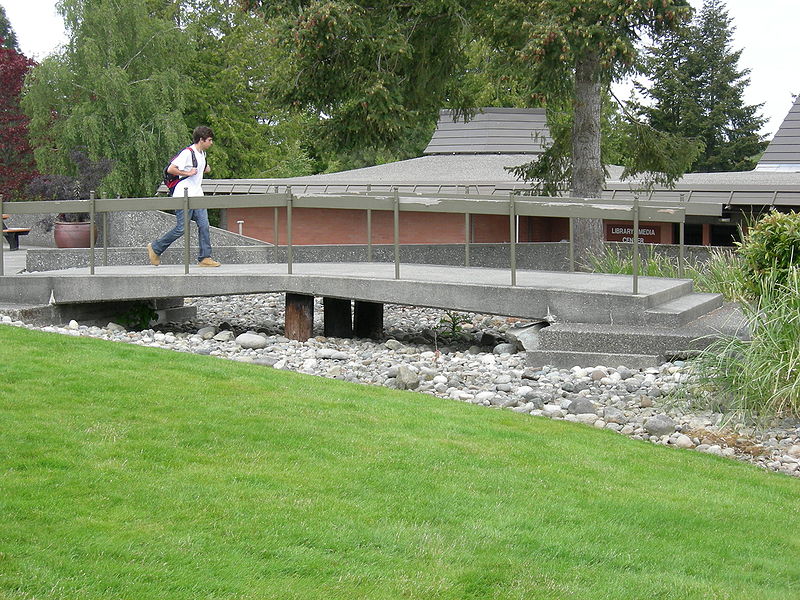Here’s What SCC is Saying About Summer Classes
June 12, 2020
Students considering the prospect of taking a summer course or two have a number of important aspects to consider. Here is some inside perspective that you can use to educate yourself and others on the pros and cons of summer classes.
Jeff Cromwell
Cromwell is a professor of automotive technology specializing in Toyota automotive repair.
He says Summer courses are less crowded and there is availability all year long. He does not see any disadvantages in taking summer courses. He has taught classes during the Covid-19 pandemic and says the hardest part is delivering lab content. It has been tough for them because the automotive course is 70% hands on and the most important thing to consider is time management.
He says taking this course now is a benefit to the students because they are utilizing resources that have never been used before and the only downside is time. Learning to manage time well enough for delivery is extremely important. He does not recommend prolonging education, at all. He says, if the content is there to be delivered, just do it, “don’t wait for education” or put it off. In the long run, your education will always be there to help you.

Bob Biesiedinski
Biesiedinski is a professor of automotive technology in Honda automotive repair.
He says the advantages of taking summer courses are the shorter time frames, in this course it is required. The disadvantages are the same number of instruction hours are required so they must take longer days.
Kira Wennstrom
Wennstrom is a biology professor who teaches anatomy & physiology (A&P) and zoology.
“If you are a self-starter and are organized, or if you’re very interested in the material then the shorter summer quarter is no problem. If you’re comfortable using the computer to learn, take exams, interact with your professor, etc. then there’s no reason to wait. But you should also think about whether you need a break to get ready for fall. Most classes will be online again in fall and if you need time to prepare you could do that this summer.”

Matthew Legters
Legters is an associate faculty member who specializes in biology.
The advantages to students taking Summer courses is the material is concentrated and students have the ability to do more work in a shorter time period as long as they are prepared to do more work. The disadvantage would also be the shorter time because if one gets behind on their work, it is more difficult to catch up.
Jerin Blauser
Blauser is an SCC student in the process of earning an AA in art.
Advantages to taking a summer course, you have to have great diligence and motivation because the weather here in the Pacific Northwest is at its best between June and September, you can be distracted by recreational activities or friends in town or by people traveling into town. It can be difficult if you do not have good motivation.
Overall it was positive and definitely ended with better relationships with professors and access to them has been better because they are now responding better and quicker than ever before. She would definitely recommend summer enrollment because it is still uncertain of what we will be allowed to do with friends and family and loved ones.
It is a shorter quarter too and since the phases in Seattle is so uncertain this is an opportune situation to take summer courses. She adds it is best to plan it out, talk to an advisor, see if this is a good choice for you and also really think about how nice it could be to get at least five credits or even an elective three credit class completed within eight weeks instead of ten.
Correction: A previous version of this article featured an incorrect spelling of Kira Wennstrom’s name. We apologize for the error.






